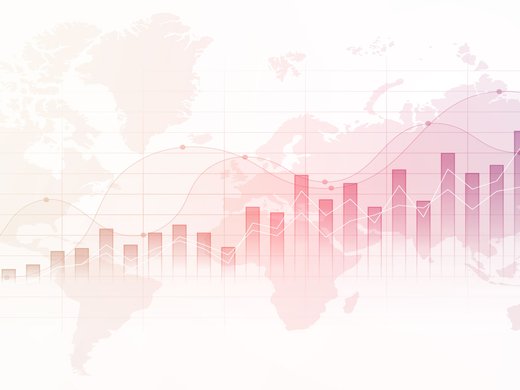Although most Africans remain disconnected from the Internet, and access to broadband services continues to be a central policy issue, the increased availability of broadband services alone will not reduce digital inequality on the continent. While the provision of access to the Internet remains a key public policy issue — as a necessary condition of digital participation in the economy and society — it is insufficient. Even where networks and services are available, large numbers of people are unable to access these services affordably or use them optimally to enhance their social and economic well-being, unlike in more mature economies, where levels of human development and equality are higher. Even where enabling environments have been created for the extension of services, or where regulatory interventions have driven prices down, the limited demand-side data available in Africa illustrates how the socially and economically marginalized are unable to harness the benefits of the Internet.
This paper argues that broadband can no longer be seen as a supply-side infrastructural issue alone. Nor can public policy have a narrow sectoral focus any longer, with information and communication technologies (ICTs) cutting across public-private and formal-informal sectors alike.
This paper focuses on demand stimulation measures — such as reducing prices to make services more affordable, developing relevant local content and applications, enhancing citizens’ e-literacy and national skills development plans. It examines alternative policy and regulatory interventions to so-called “international best practice” — assuming certain political and economic conditions, by recognizing the institutional and resource constraints that generally exist in African countries — and proposes multiple strategies across the ICT ecosystem that could result in more inclusive digital development.


